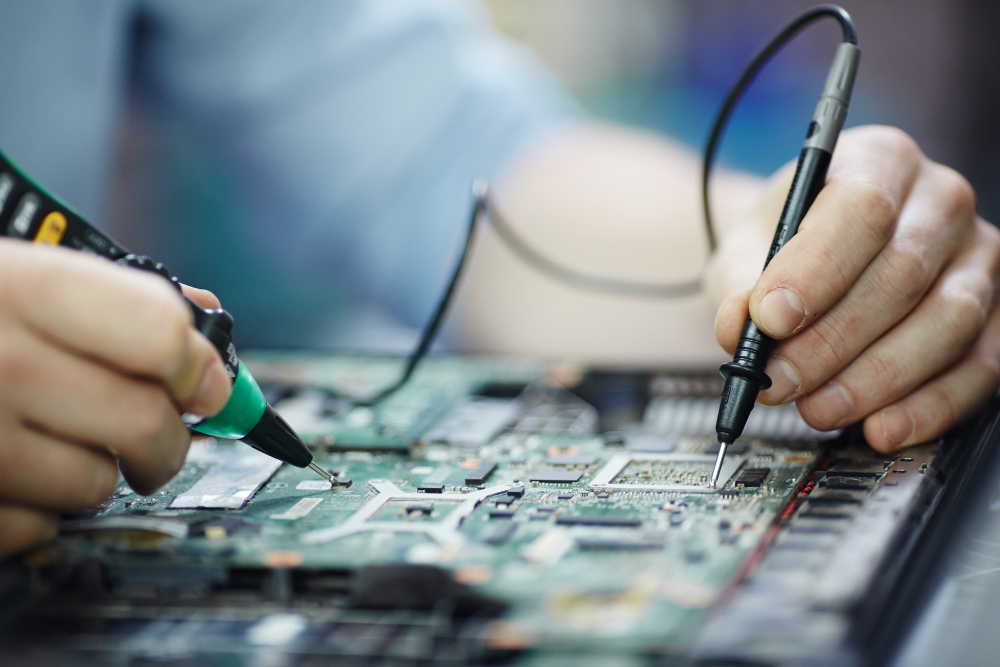Right to Repair: What the new EU rules will mean for German consumers
The European Parliament plans to introduce a bill which will entitle consumers to repairs even after a product’s legal guarantee period expires, and increase the number of goods which they are entitled to have repaired for free.
EU reaches deal on new faulty goods law
The EU Parliament and Council have reached an agreement on the bloc’s new “Right to Repair” law, which hopes to reduce waste and boost the repair sector by giving consumers more rights when it comes to getting faulty goods repaired.
If the law is enshrined, the process of getting products fixed should be simplified. The list of household goods, such as washing machines, vacuum cleaners and smartphones, that manufacturers are obliged to repair will be extended and manufacturers will have to inform customers of their duty to repair faulty products.
All of these new rules will be applicable even after the warranty period of the product has been exceeded. Manufacturers will have to provide easily accessible advice on the internet about how much a repair is likely to cost and a replacement for the customer while the repair is being carried out. Once they receive their repaired product, a one-year repair warranty will come into effect.
From when will the new EU Right to Repair law apply?
In a press release, EU spokesperson René Repasi, said that the new law is part of the European Parliament’s efforts to “empowe[r] consumers in the fight against climate change”. “In the future, it will be easier and cheaper to have products repaired instead of buying new, expensive ones,” said Repasi.
Before the law is enshrined it must first be adopted by the European Council and Parliament before it is published in the EU Official Law Journal. After that, member states will have 24 months to adopt it in their national laws.

